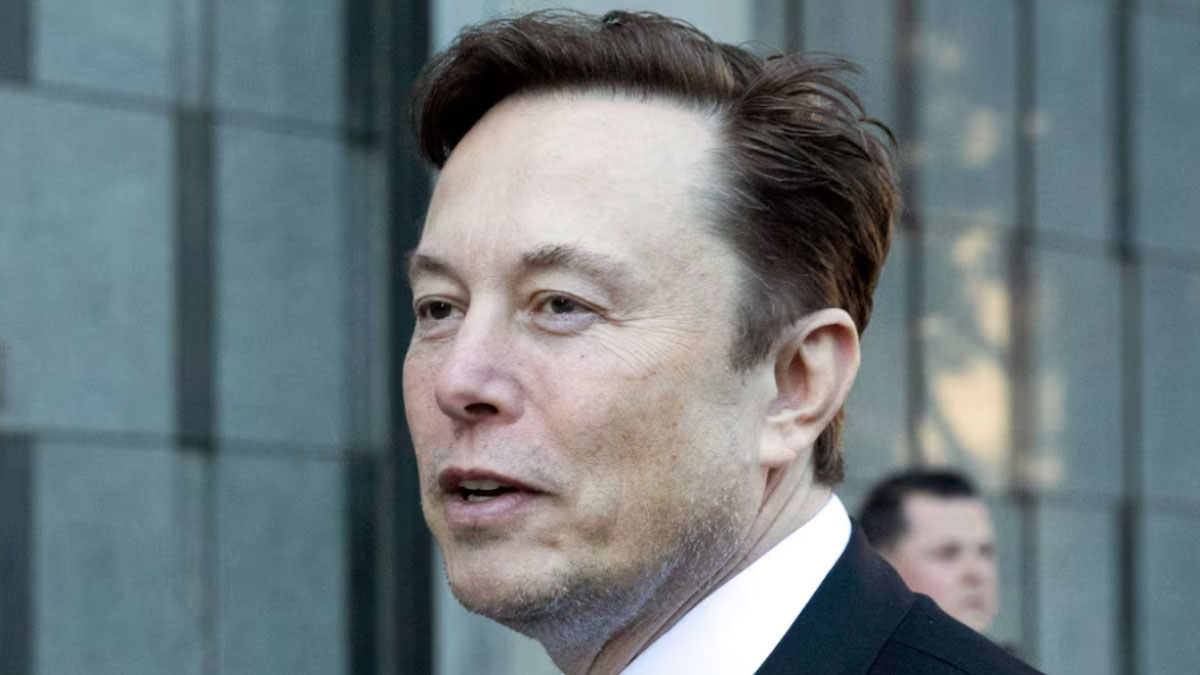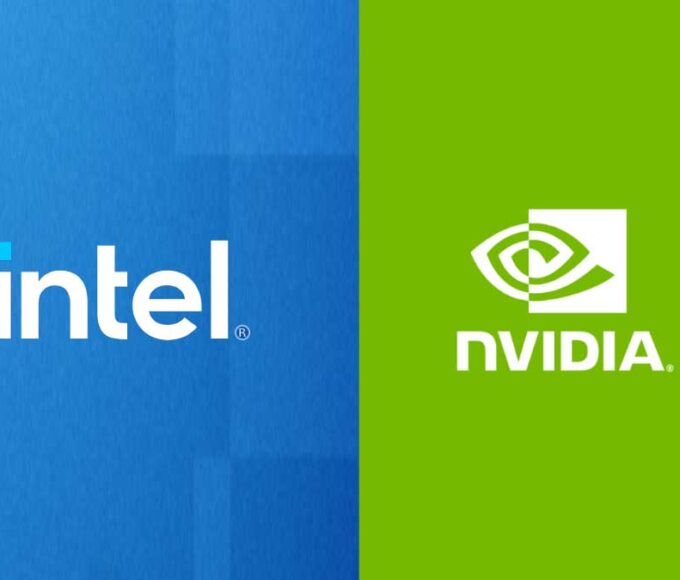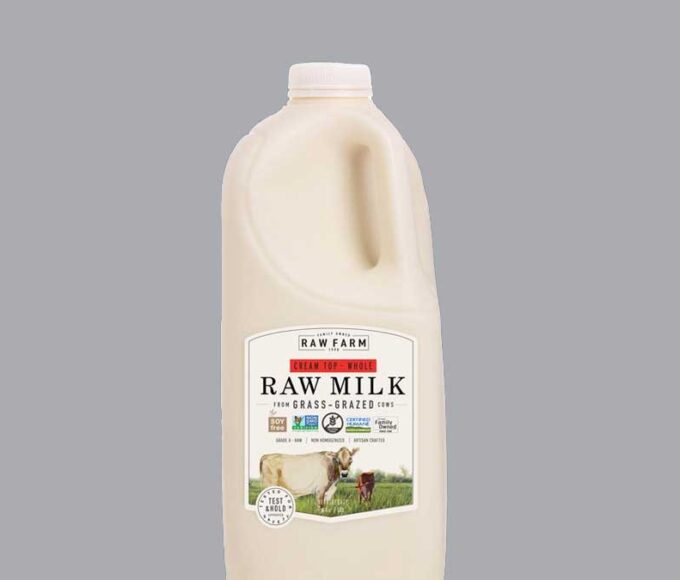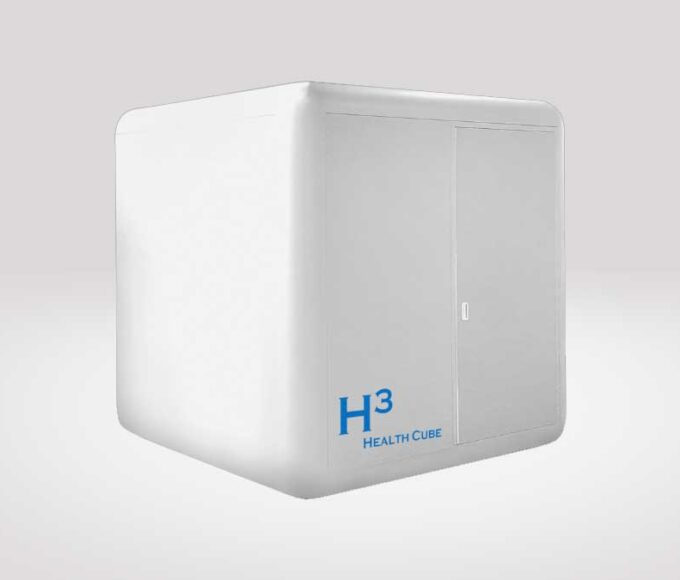- Home
- Billionaires
- Investing Newsletters
- 193CC 1000
- Article Layout 2
- Article Layout 3
- Article Layout 4
- Article Layout 5
- Article Layout 6
- Article Layout 7
- Article Layout 8
- Article Layout 9
- Article Layout 10
- Article Layout 11
- Article Layout 12
- Article Layout 13
- Article Layout 14
- Article Sidebar
- Post Format
- pages
- Archive Layouts
- Post Gallery
- Post Video Background
- Post Review
- Sponsored Post
- Leadership
- Business
- Money
- Small Business
- Innovation
- Shop
Recent Posts
Musk Endorses Mounjaro, Backs Affordable Weight-Loss Drugs

Elon Musk, the CEO of Tesla, made headlines on Christmas Day with a playful social media post that has sparked conversation around weight-loss drugs. In an X post, Musk shared a photo of himself dressed as Santa, though not with the usual jolly, round appearance typically associated with the holiday figure. Instead, Musk, who appeared much leaner than the stereotypical Santa, captioned the image, “Ozempic Santa.”
In a follow-up post, Musk clarified that while he was calling himself “Ozempic Santa,” he is, in fact, using a different weight-loss drug—Mounjaro, produced by Eli Lilly. He noted that “Mounjaro Santa” just didn’t have the same ring to it, but still wanted to share his endorsement for weight-loss medications. Musk has been vocal about his support for these drugs, particularly glucagon-like peptide-1 (GLP-1) medications, and his recent posts reflect his continued push for making them more accessible to the general public.
Two weeks prior to this post, Musk had expressed his belief on X that nothing could improve the health, lifespan, and quality of life for Americans more than making GLP-1 medications like Ozempic and Mounjaro “super low cost to the public.” These drugs, originally intended for managing type 2 diabetes, have gained popularity for their weight-loss effects. However, for many Americans, these medications come with a hefty price tag, with monthly costs nearing $1,000 for those without insurance.
Musk’s endorsement of Mounjaro, while not surprising given his high-profile support for similar initiatives, is part of a larger conversation about the role of these medications in addressing obesity and other health concerns. Both Mounjaro and Ozempic belong to a class of drugs that work by stimulating GLP-1 receptors, which help regulate blood sugar levels and promote feelings of fullness. However, Mounjaro has shown superior results in weight loss compared to Ozempic. According to a study published in the peer-reviewed journal JAMA Internal Medicine, users of Mounjaro experienced significantly greater weight loss than those using Ozempic, making Mounjaro the more effective choice for many. Despite the potential benefits, the costs of these medications remain a barrier for many who could otherwise benefit from them.
The list prices for these drugs are also a factor to consider. Ozempic is priced slightly lower than Mounjaro, with the former at $968 per month compared to Mounjaro’s $1,069. These prices reflect the premium nature of the medications, especially for those who do not have insurance or who are not covered by employer health plans. Despite the high costs, Musk’s post has brought attention to a growing movement to make these treatments more affordable for the public.
Musk’s comments also coincide with a broader trend of celebrities publicly disclosing their use of weight-loss drugs, which has contributed to the increasing normalization of such medications. Celebrities such as Whoopi Goldberg, Charles Barkley, Oprah Winfrey, and Tracy Morgan have openly discussed their use of GLP-1 drugs. Goldberg, in particular, shared her experience with Mounjaro in an interview with Kelly Clarkson, revealing that the medication helped her lose the equivalent of two people’s worth of weight.
While the weight-loss benefits of GLP-1 medications like Ozempic and Mounjaro have dominated public discussion, research has found that these drugs may offer additional health benefits. Studies suggest that GLP-1 medications could play a role in treating alcohol addiction, cancer, Alzheimer’s disease, and even COVID-19. Ozempic, for instance, has also been shown to lower the risk of opioid overdose, further demonstrating the drug’s potential beyond weight management. These findings have led to growing interest in the broader therapeutic uses of GLP-1 medications.
Musk’s endorsement of affordable weight-loss drugs comes amid increasing political support for making these medications more widely accessible. Lawmakers across the political spectrum have been advocating for expanded coverage of weight-loss drugs, including through government programs like Medicare. In June, the House Ways and Means Committee voted to lift a ban on covering weight-loss products for certain Medicare patients. This decision was part of a bipartisan effort to allow coverage for those with a prescription for more than a year. The Biden administration also proposed expanding Medicare and Medicaid coverage for weight-loss drugs, such as Ozempic, by designating obesity as a disease that could be treated with these medications.
If passed, this proposal would mark a significant shift in how the healthcare system treats obesity, as it would allow Medicare to provide coverage for these drugs, which were previously excluded under the Medicare Modernization Act. However, with the upcoming change in administration, it remains to be seen how President-elect Donald Trump would respond to the proposed policy, which could have significant implications for the future of GLP-1 medication access.
In conclusion, Elon Musk’s “Ozempic Santa” post serves as a reminder of the ongoing conversation surrounding the accessibility and affordability of GLP-1 medications. His support for weight-loss drugs like Mounjaro and Ozempic, combined with the broader push for expanded healthcare coverage, reflects the growing recognition of the role these medications could play in improving public health. As Musk continues to advocate for more affordable options, his influence may help shape the future of healthcare policy in the U.S., particularly for those struggling with obesity and related health issues.
Recent Posts
Categories
- 193 Countries Consortium Partner1
- 193cc Digital Assets2
- 5G1
- Aerospace & Defense48
- AI37
- Arts3
- Banking & Insurance11
- Big Data3
- Billionaires1,261
- Boats & Planes1
- Business332
- Careers13
- Cars & Bikes79
- CEO Network1
- CFO Network17
- CHRO Network1
- CIO Network1
- Cloud10
- CMO Network18
- Commercial Real Estate7
- Consultant1
- Consumer Tech194
- CxO1
- Cybersecurity73
- Dining1
- Diversity, Equity & Inclusion4
- Education7
- Energy8
- Enterprise Tech29
- Events11
- Fintech1
- Food & Drink2
- Franchises1
- Freelance1
- Future Of Work2
- Games149
- GIG1
- Healthcare79
- Hollywood & Entertainment203
- Houses1
- India’s 1000 Richest1
- Innovation46
- Investing2
- Investing Newsletters4
- Leadership65
- Lifestyle11
- Manufacturing1
- Markets20
- Media327
- Mobile phone1
- Money13
- Personal Finance2
- Policy569
- Real Estate1
- Research6
- Retail1
- Retirement1
- Small Business1
- SportsMoney42
- Style & Beauty1
- Success Income1
- Taxes2
- Travel10
- Uncategorized13
- Vices1
- Watches & Jewelry2
- world's billionaires1,230
- Worlds Richest Self-Made Women2
Related Articles
What Healthcare Can Learn from Nvidia’s Success
The tech industry is undergoing a seismic transformation, with two of its...
By 193cc Agency CouncilDecember 16, 2024Salmonella Triggers Recalls of Costco Eggs and Cucumbers
The recent salmonella outbreak has prompted the recall of two major food...
By 193cc Agency CouncilNovember 30, 2024Bird Flu Found in Raw Milk in California, Recall Issued
California health authorities have confirmed the presence of the bird flu virus...
By 193cc Agency CouncilNovember 25, 2024UniDoc Health Launches Mobile ‘Health Cube’ for Remote Care
UniDoc Health, a Vancouver-based company, is revolutionizing healthcare accessibility with the launch...
By 193cc Agency CouncilNovember 23, 2024















Leave a comment